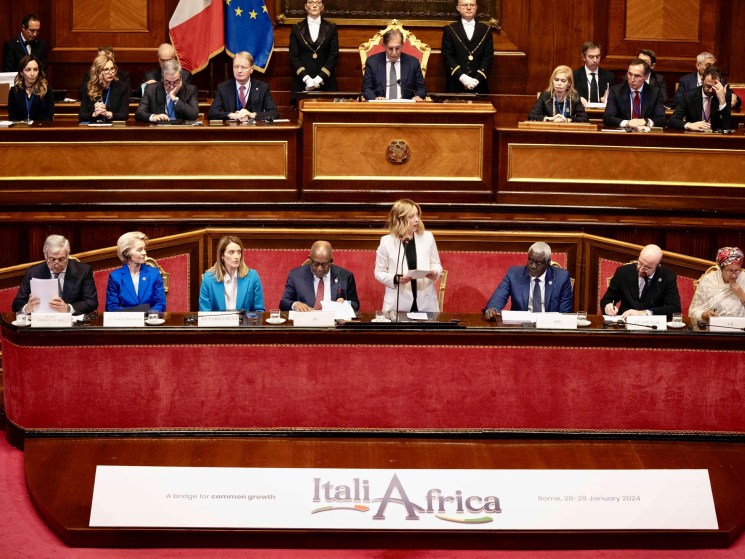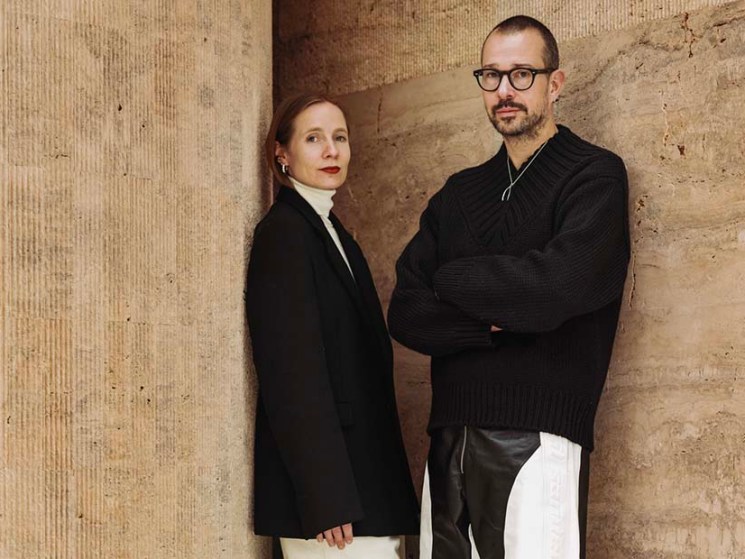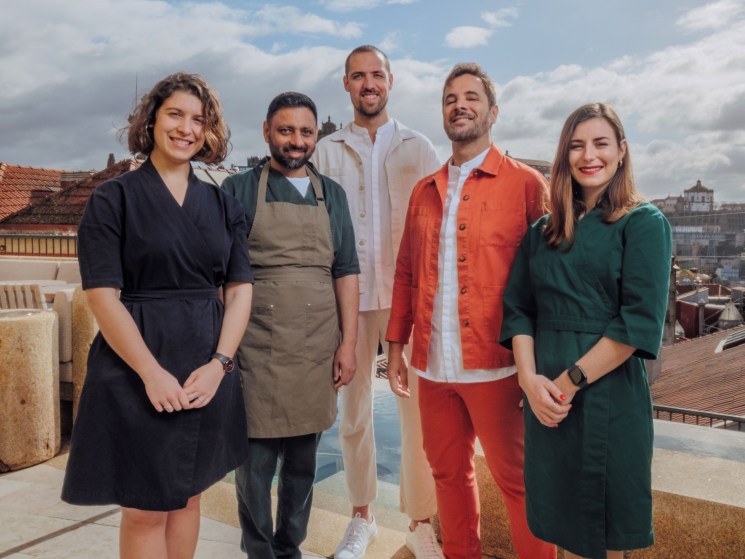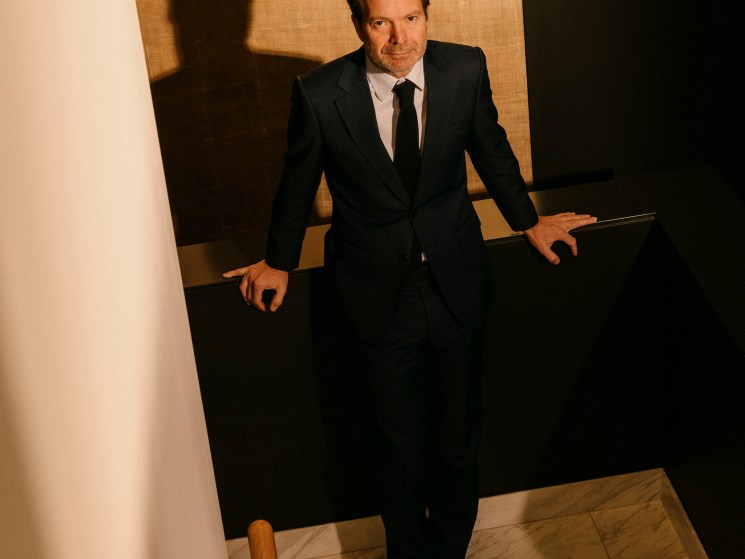
- Issue 172
- April 2024
Issue 172
The best spring looks and timeless hospitality.
In This Issue

- 172 | Issues
- 4 min read

- 172 | Issues
- 5 min read

- 172 | Issues
- 8 min read

- 172 | Issues
- 3 min read

- 172 | Issues
- 13 min read

- 172 | Issues
- 9 min read

- 172 | Issues
- 8 min read

- 172 | Issues
- 3 min read

- 172 | Issues
- 8 min read

- 172 | Issues
- 13 min read

- 172 | Issues
- 31 min read

- 172 | Issues
- 7 min read


